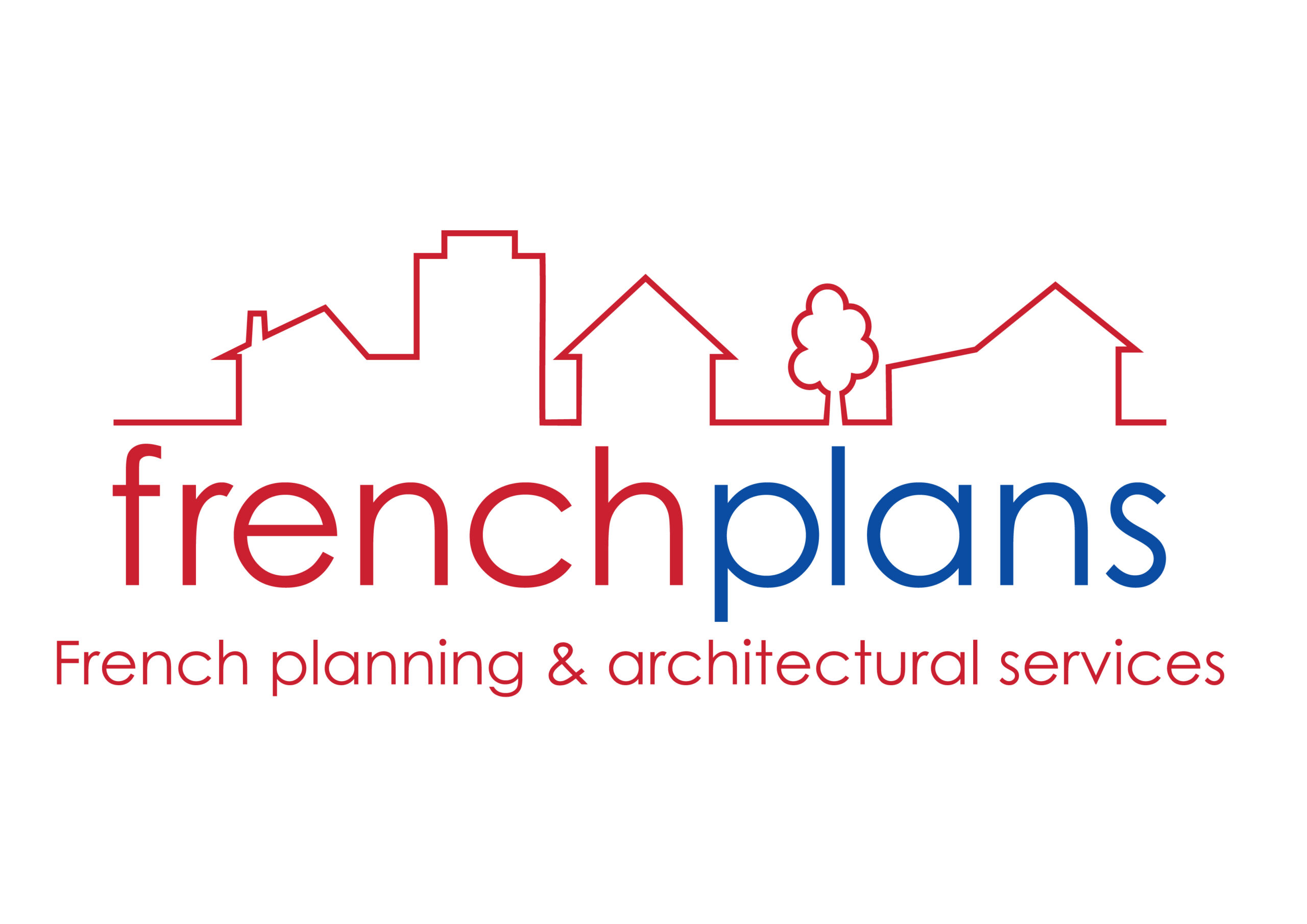French Planning Permission When Buying and Selling Property (Suspensive Conditions)
Essential Reading


If you’re purchasing a French property with plans to extend, renovate, or convert it in the future, it’s essential to ensure the correct planning permissions are in place before you buy. Even if you envision these changes taking place on a longer timeframe (perhaps, one day adding a swimming pool or converting that old barn into a gite), it’s a good idea to check local planning regulations and confirm your options. Here’s what you need to know about planning permissions when buying and selling property in France.
Planning Permission Basics: What You Need to Know When Buying in France
In France, almost all extensions, renovations, and external changes to a property must have the relevant planning permission. When purchasing a French property, there are two main considerations to take into account:
- Planning permissions for the existing property
Once you sign the Compromis de Vente, it’s the notaire’s job to check that the property being sold has all the correct documentation in place, including that planning permits for all previous renovations or extensions. If these are not in place, you (the buyer) will be informed, and it will be the seller’s responsibility to ensure the retrospective permissions are sought (more on this later).
- Planning permissions for any potential work you wish to carry out
It is your responsibility as the buyer to apply for any other planning permissions for the property or land that you are purchasing. Typically, this will be in the form of an outline permission or Certificate d’Urbansime (CU).
If the purchase of your property is conditional on receiving this planning permission, it could also be a good idea to safeguard your purchase by adding a Suspensive Condition to the Compromis de Vente.
What is a Suspensive Condition?
When negotiating for the purchase of a property in France, it is common to make the offer and contract subject to certain conditions. In this article, we focus on planning issues, but there could be many other reasons to insert conditions into the Compromis de Vente (the purchase agreement).
The suspensive condition (‘condition suspensive’ or ‘clause suspensive’ in French) allows the buyer to withdraw from the purchase contract, usually without penalty, if the condition is not met prior to completion. Once planning is approved, the suspensive condition will have been satisfied, and the buyer is then committed to proceed with the purchase.
It is important to remember that the vendor is not obliged to accept the condition, in which case the buyer must decide whether to proceed without it or withdraw from negotiations and find another property. As a buyer, the question to ask yourself under these circumstances is: “do I want to buy the property in the knowledge that I may not be able to carry out the works if planning is refused after the completion of the purchase”.
If in doubt about any suspensive conditions, take professional advice before signing any documentation. Once the initial purchase contract has been signed and the 10-day withdrawal option has expired, it will be too late to include further conditions.
Adding a Suspensive Condition for Planning Permission
The following examples show how a suspensive condition might be used to protect the buyer in case planning permissions are not approved.
Example 1: Barn Conversion
A property consists of a main house and attached (or detached) barn, and the buyer wishes to ensure planning will be granted for the conversion of the barn into additional accommodation (whether for personal use or as a gîte, for example). The offer to buy should be made conditional upon achieving either outline permission (certificate d’urbansime pré-opérationel), or a detailed planning permit (permis de construire). Under most circumstances, an outline permit should suffice as it gives an ‘in principle’ agreement that the project is feasible. However, there are occasions when outline permission may not suffice, and a detailed permit is more appropriate (more on this later).
Example 2: Swimming Pool
A buyer wishes to buy a property, but only if permission is granted for the installation of a swimming pool. Again, either an outline or detailed application can be submitted, and a suspensive condition for approval can be inserted into the contract. Let me dispel one myth here: there is no difference from a planning perspective between an in-ground pool and an above-ground pool. Any ‘permanent’ pool requires permission, so the only exclusions to this are small inflatable-type pools, or ones that have a surface area of less than 10 m².
Example 3: Camping or Glamping
Contrary to popular belief, permission is required for any use of land for camping or glamping, irrespective of the number of pitches/units. “Camping a la ferme” covers projects for up to 6 pitches, but it does not mean that will be automatically approved, and in many areas, it is specifically prohibited. It is important to make any purchase conditional upon approval if this is how you intend to use the property or land.
A quick note about public services: a planning permit may be granted subject to the applicant being responsible for paying the costs of any extension of public utilities (water, electricity, etc.), but the costs of that may not be specified at the time of application/approval. Costs can be high if there is a significant distance between existing services and the property. Where this is the case, it is possible to include a suspensive condition that limits the cost of any such extension to a specified maximum amount.
Should You Apply for Outline or Detailed Planning Permission?
Applying for outline permission (Certificate d’Urbansime) is often sufficient at the purchase stage, but there are occasions when detailed planning permission might be a better option. Here are the main points to consider when comparing the two options.
Cost
One consideration is the difference in cost of the two planning applications. For a professional advisor (planning consultant, architect, etc.) to prepare and submit an outline application may cost 300 – 500 euros, but the cost of a detailed application may be 2000 – 3000 euros, and the buyer will be responsible for paying these fees. If the buyer elects to make the purchase conditional upon an outline application, then the initial costs can be kept to a minimum whilst the notaire is dealing with the rest of the contract and other legal requirements of the purchase.
Detail & timeframe
An outline application requires only general details of the project, whereas a detailed application will need full plans and drawings. It may take a week or two to prepare an outline application, but a considerably longer time to prepare and finalise a detailed dossier prior to lodging the submission with the authorities.
An outline application has a state processing period of approx. two months. A detailed application is usually two – three months, but could be longer. Also, if the planning authority has any questions about the dossier, it may delay the result of the application.
Vendor’s position
It is important to remember that a vendor may well accept a condition to achieve outline approval but may not accept a condition for detailed planning permission. This is because of the nature of the two approvals. Outline is ‘in-principle’ only, whereas detailed permission relies upon many factors, including things like choice of materials for doors and windows, or the colour of roof tiles. A vendor may understandably feel that approval for such details should not be the subject of a suspensive condition.
French Planning Permission: The Seller’s Responsibility
During the purchase/sale of a French property, the notaire handling the sale will compare the property details at the time of the original purchase to those at the time of the current sale. Any changes to the accommodation or description of the property will result in questions being asked about permits for the work in question.
If any documentation is missing, the buyer will be informed of this and should ask for a suspensive condition to be added to ensure that the necessary permissions are in place before purchasing the property. The seller will then be responsible for applying for retrospective permissions and potentially face fines depending on the scope of the work carried out.
However, this might not always be as simple as it sounds, and in more extreme cases, may even prevent the sale of the property. For example, let’s imagine the current owner of a property had converted a barn into living space, installed a swimming pool, and built an extension – all without permission. The property has no mains drainage and therefore relies upon a septic tank system, which the owners also fail to upgrade to cater for the increased accommodation levels.
The owner now wishes to sell, and the notaire points out to the prospective buyers that there are no permits in place for the work carried out, nor a certificate of conformity for the septic tank. Quite rightly, the purchasers should ask for a suspensive condition that all of the work has retrospective permission as part of the contract. Anyone would wish to protect themselves against any future come-back from the authorities.
Let us take it a step further and add another issue into the mix: the commune in which the property is situated changed its planning framework between the time of the works being carried out and the time of sale. The right to convert, or extend, or install a pool no longer exists under the new regulations (this happens frequently). The current owner is now incapable of gaining retrospective permission, cannot satisfy the suspensive condition imposed by the potential purchaser, and is left with a property he/she cannot sell.
This is why it is never advisable to carry out work on your property without applying for the appropriate planning permissions. Whilst such work may go unnoticed for some time, in the event of a sale, it inevitably comes to light and causes problems for potential sellers as well as buyers. The excuse “my neighbour told me I didn’t need permission” doesn’t hold water with the authorities!
Please ensure that whether you are a seller or buyer, all the correct documentation and permits are in place, and as a buyer, insist on a suspensive condition if there is any doubt about the position.
Building or Renovating Your French Property?
Whether you’re building an extension, renovating an old farmhouse, or designing a new build property, FrenchEntrée is here to help! Check out our Essential Reading articles for everything you need to know about planning permissions, building regulations, and renovation projects. Or, for professional help, advice and assistance at all stages of your building or renovation project, get in touch with our partners at French Plans.
Article by Arthur Cutler at French Plans.

Share to: Facebook Twitter LinkedIn Email



